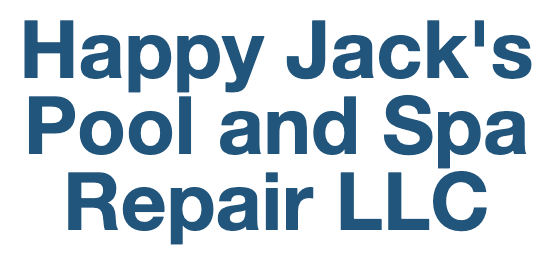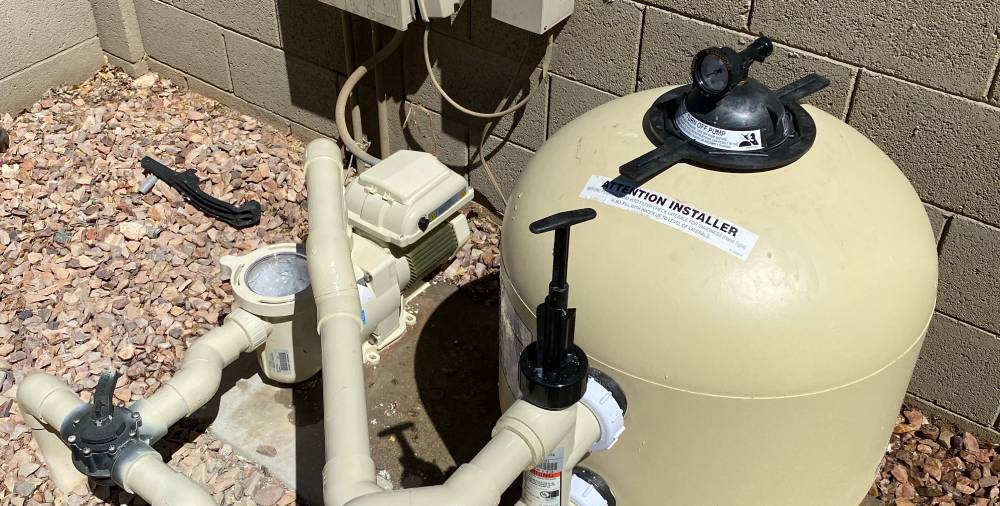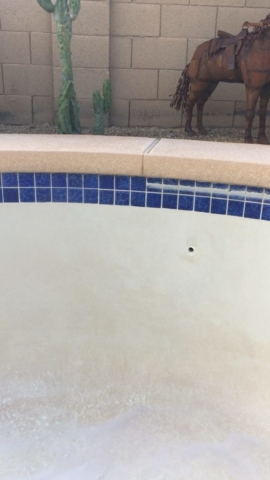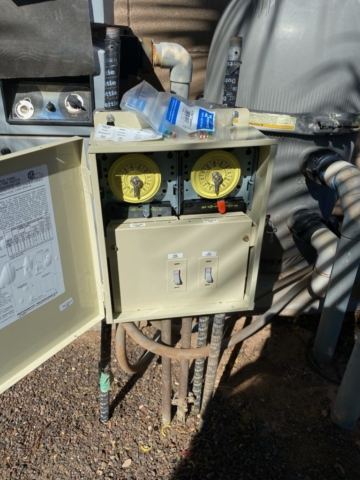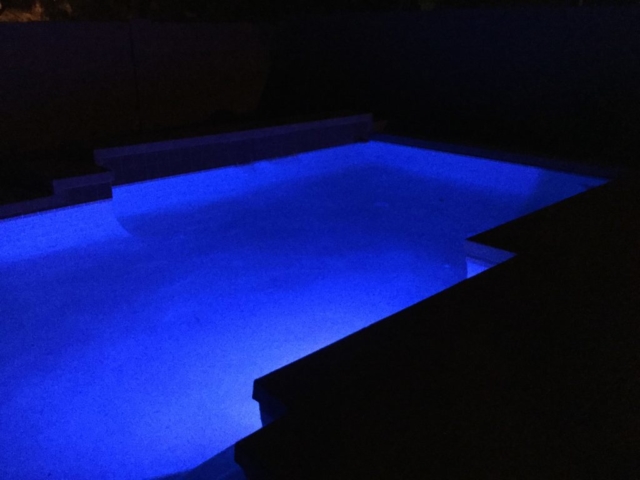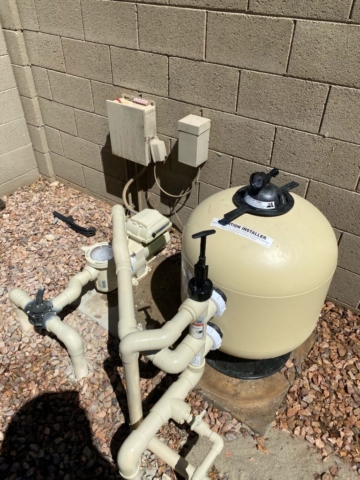If you’ve got a pool, then you know how important it is to maintain it while also making it as comfortable as possible for you. This requires installing a few things like a heater and heating pump, filters, salt systems, and also an automation system for your pool.
Let’s take a glance at how all this can benefit your pool when you install them.
Heaters & Heat Pumps
Sometimes, the pool can be so chilling that taking a dip simply isn’t possible; especially during the winter season. However, installing a heater can make all the difference to you. When you own a pool, a heat pump is a fantastic investment and is very cost-efficient when used. If you ever want to install a heat pump or need a repair, we’re here for you and our team is one of the best you can find in the heat pump industry.
Heat pumps use electricity to provide heat; this is because they transfer heat from the outside air and right to the pool. As long the air temperature is above 45°F, your heat pump will work just fine. While installing a heat pump is pretty easy, we recommend you hire a licensed electrician to ensure that your heater and heat pump are installed within safety measures and the manufacturer’s specification because heaters adhere to different installation guidelines.
How warm can a pool get using a heat pump? A heat pump is installed in a pool to warm the pool and increase the temperature level. By absorbing warm air, heat pumps help to offer a great swimming experience. On average, a heat pump will raise the temperature of the pool to between 78-82oF. Heat pumps are installed into pools located in humid and cold areas that have an ambient temperature of about 60oF.
How long can a pool heat pump last? Depending on the quality of its construction and its maintenance level, a pool heat pump can work for as long as between 15 to 20 years. Best-made heat pumps generally have a long life span.
Pool Filters
Although pools are a lot of fun and seem pretty simple to take care of, maintaining your pool and keeping it clean and clear can be quite tricky as it involves several components to keep it working and healthy for you and your family. Why is this important? When one aspect of the water chemistry is out of balance, the rest will quickly follow.
A filter is required for every pool and makes it possible for you to enjoy your pool in a healthy environment, while also keeping your pool water crystal clear. Choosing the correct filtration system for your pool is important for your pool to operate efficiently and Happy Jack can recommend the system best for you. The installation of the system is also essential, and it is best to get a licensed, bonded and insured professional to install it to ensure it is appropriately and safely installed.
How many types of pool filters are there? Basically, there are three types of filters for swimming pools; cartridge pool filters, sand pool filters, and D.E. pool filters. When deciding on a filtration system you should consider the climate and weather conditions of your state or region, but you can choose any of the three. Sand pool filters are a popular option in the Phoenix-metro area due to ease of maintenance and operation, and this type of filtration system can withstand many conditions. However, Happy Jack will review all filtration systems with you and provide a recommendation that will work best for your pool and lifestyle.
What is the lifespan of a pool filter? A good pool filter should last for as long as 5 to 10 years before replacement. The lifespan of your filtration system depends on the quality of its build and the kind of care the user gives to it. The valves, plumbing, internal grids, or band clamps may have to be replaced or repaired long before you need to replace the entire system, and Happy Jack is here to provide this service as well.
Salt System
The Salt water chlorinator systems, also called salt cells, have grown in popularity in recent years due to the lower chlorine levels in a saltwater pool when compared to a traditional chlorinated pool. The salt system generates chlorine by drawing on the dissolved salt in the water. Some pool owners prefer to have a saltwater pool because of the silky feeling that comes with the water and the soft texture of the pool after the salt system has been installed.
Another reason why pools with salt systems are popular is because of how easy it is to maintain them. Also, there is less of a chlorine smell and potentially less of the irritation that causes ‘red eye’ among swimmers. Happy Jack will discuss with you the pros and cons of both a saltwater system and a traditional chlorine system and will be happy to install a salt system for your pool if that’s what you choose. We offer our professional installation services to ensure your pool is in the best condition for you.
Is a saltwater pool chlorine-free? No, the fact that a pool has a saltwater system doesn’t mean it’s free from chlorine. On the contrary, a saltwater pool has a salt-chlorine generator that converts sodium chloride (salt) into chlorine through electrolysis.
Automation
Automation is everywhere right now, and installing an automation system to control the components of your pool equipment through a single source or hub is efficient and convenient. How awesome would it be to control your pool equipment and features comfortably from your phone. If you’re looking for convenience, this is your best option.
With an automation system, you can conveniently control the heat pump or the heater for when you would like to control your pool’s temperature. You also may have control over the pool lighting when you want to set a mood, the salt system to provide a silky and smooth feel in the water, and several other types of equipment added to your pool. To ensure you have everything working properly, it is recommended you call a professional like Happy Jack to ensure your automation system is set up correctly.
How much does pool automation cost? There are many factors to consider before you can accurately estimate the cost of automating your swimming pool such as the components you want to be able to control. On average, be prepared to spend somewhere between $1000-$3,500 for pool automation.
